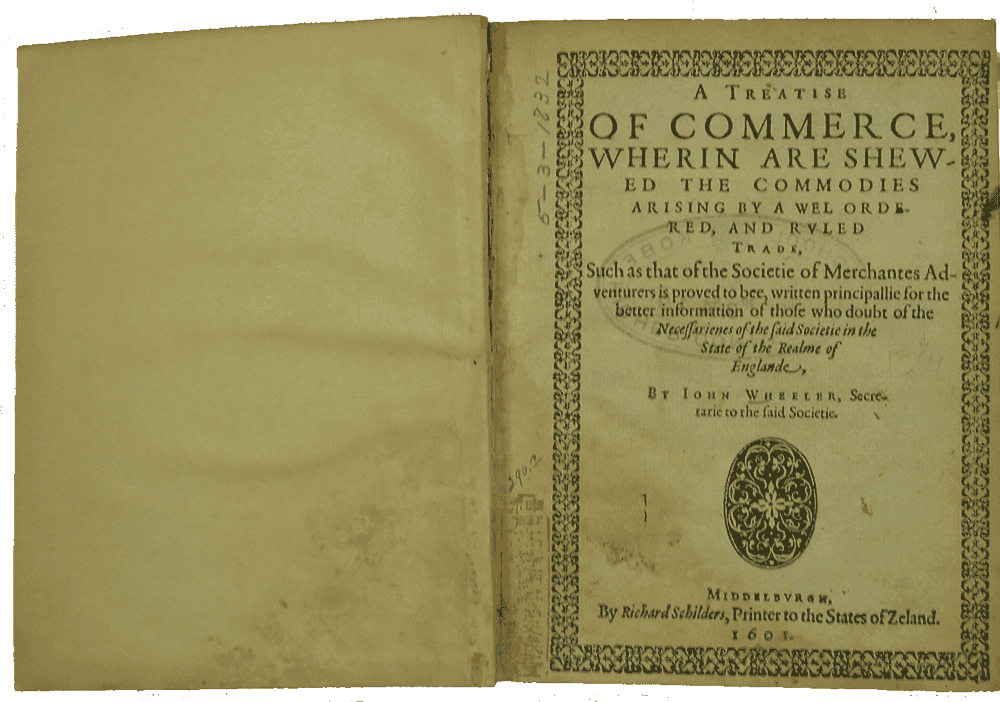
Although the centralization of administrative power of the Tudor dynasty was established in Britain at the end of the 16th century, the finances of the royal family had lapsed into the predicament because of increase in war expenditure after Hundred Years’ War.For this reason, it came to turn its eyes to the commerce and export trade from which a large amount of tariff revenues could be obtained.
At that time, the wool which occupied the 1st place of export in Britain was almost monopolized by Merchants of the Staple (individual merchant team). After that, the woolen textile industry developed suddenly and the export duty of it also become important for the state, but The Company of Merchant Adventurers monopolized the woolen goods export.
And then, it was disputed which was more proper as an organization form of overseas trade, “Merchants of the Staple (individual merchant team)” or “The Company of Merchant Adventurers (company organization)”. Thomas Milles, who was the customs inspector at the time, wrote “The customers apology” (1601) to blame The Company of Merchant Adventurers and assert the free trade. This book was written to object to him by the author who was the secretary of The Company of Merchant Adventurers. The dispute of Milles and Wheeler was developed hotly. However, a Milles’ bill of the free trade was rejected in Parliament, and it was all settled to give a decision in favor of The Company of Merchant Adventurers in 1604.
(Library for Humanities and Social Sciences(5-3-1832) a registration number 38367 1928.4.19 receiving)
references : Minami, Yuzo “Kohan Keizaisho Kanken” (Kobe Shodai Shinbun 1935.3.20)